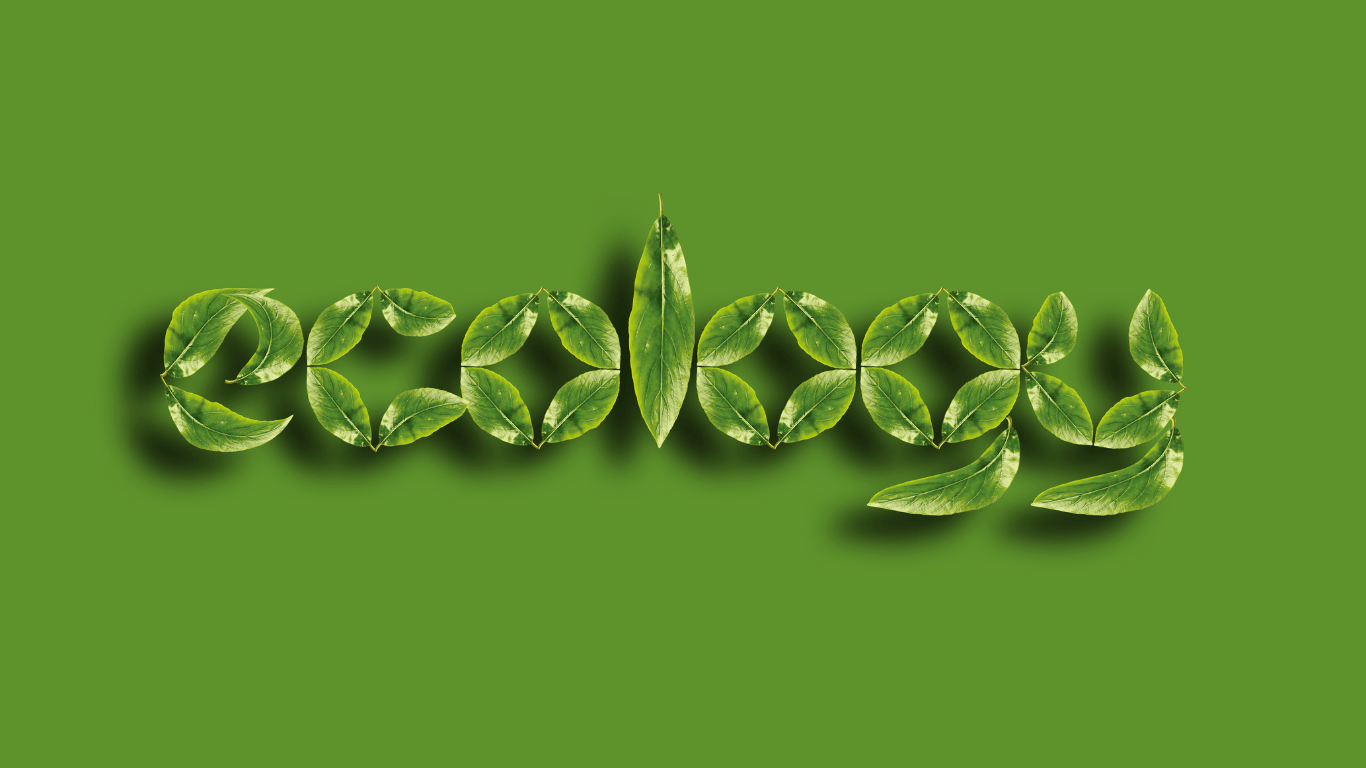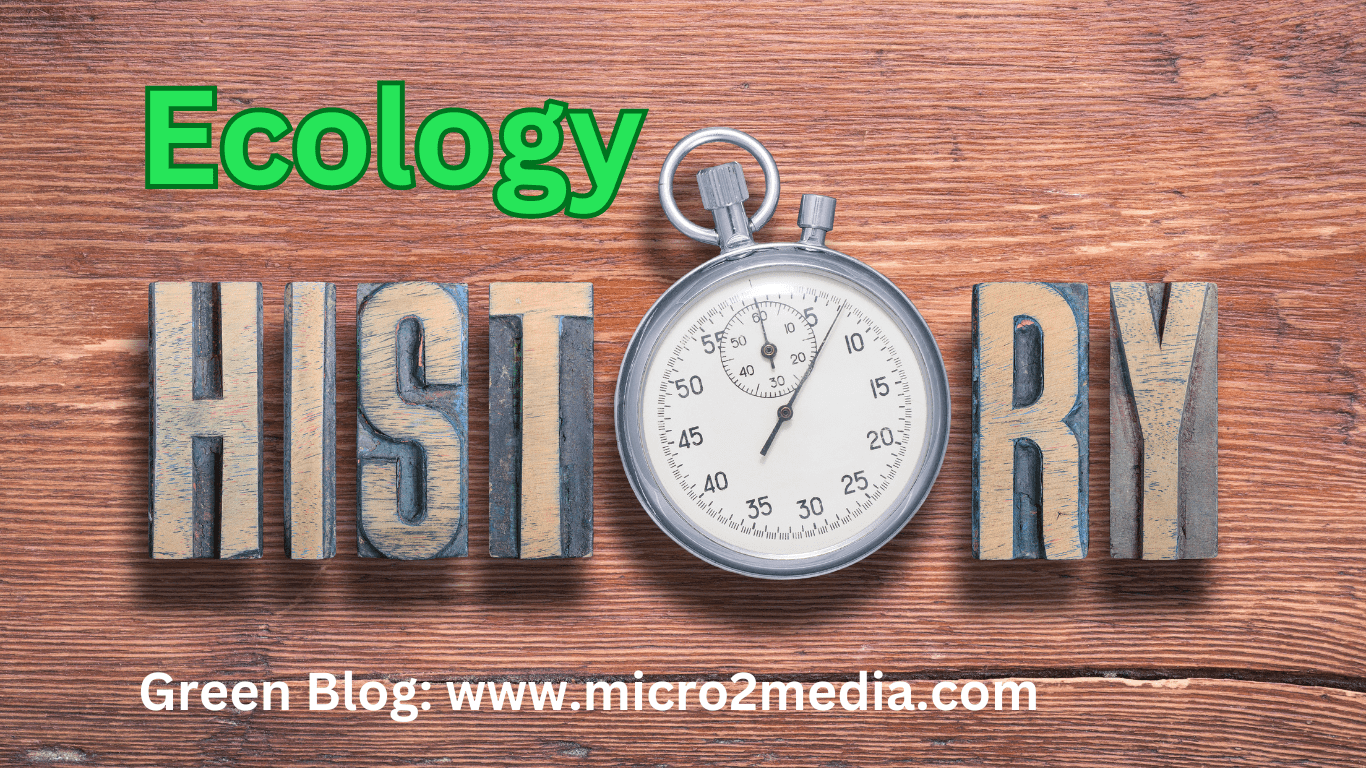The history of ecology is a rich and complex one, spanning centuries and continents. From the early naturalists to the modern-day researchers, ecologists have sought to understand the intricate web of life on Earth. Key figures like Aristotle, Haeckel, and Odum have shaped our understanding of ecosystems and the natural world. The development of new theories, concepts, and methods has enabled ecologists to tackle complex environmental issues and inform policy and practice. Today, ecology continues to evolve, incorporating new technologies, methods, and perspectives to address global challenges like climate change, biodiversity loss, and sustainability.





